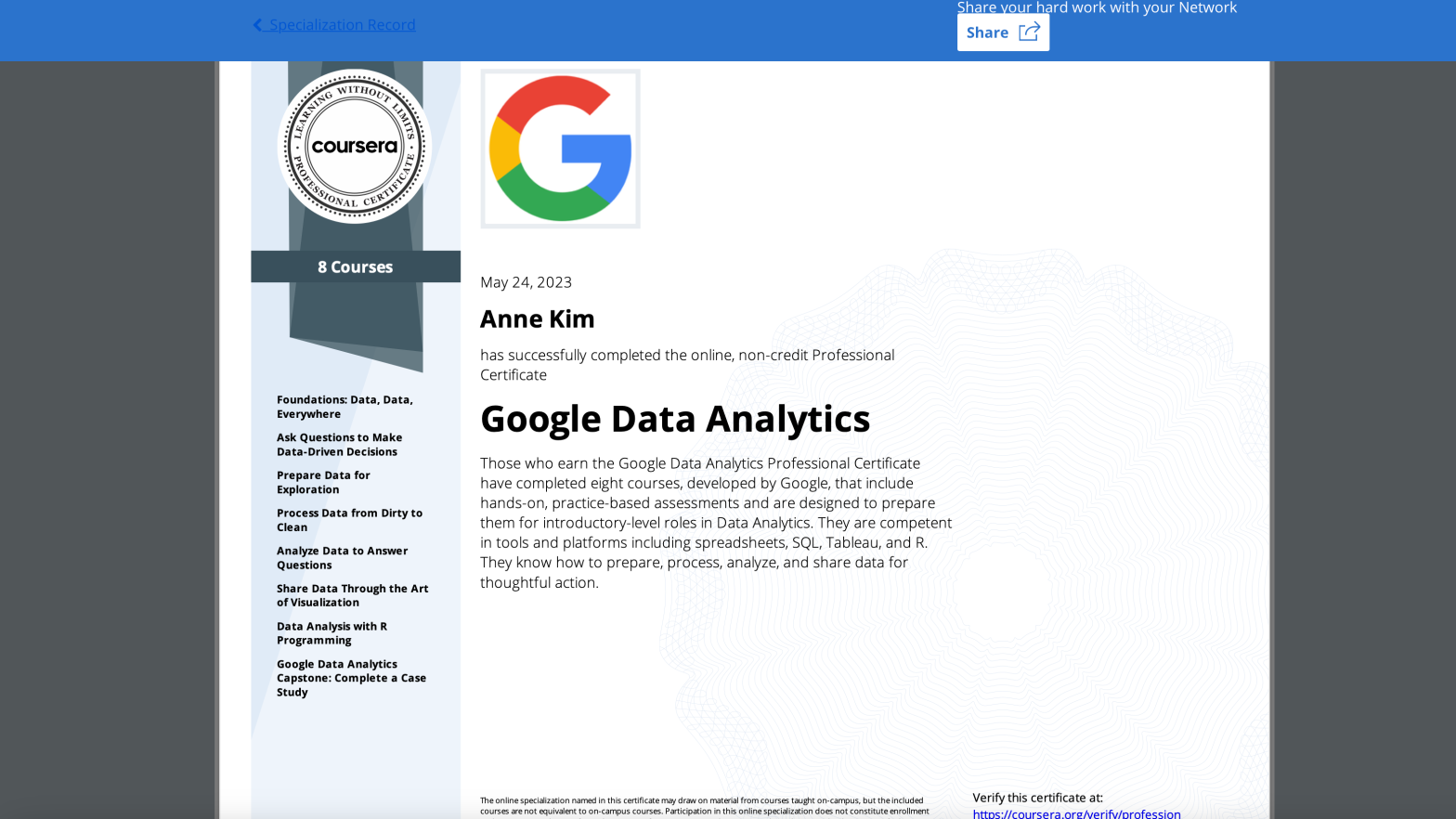Companies like Google, Meta, IBM and others offer students a chance to earn “professional certificates” online in topics such as data analysis, IT and online marketing. These classes offer convenience and affordability as well as the promise of career advancement.
But can they and other “credentials” available in the burgeoning certificates industry really help you land a well-paying job?
I explored the value of professional certificates in two articles for the Washington Monthly’s 2023 College Guide. In one piece, I provide an overview of the data available on wages and job outcomes for certificate holders. (The bottom line is that there isn’t nearly enough information for students to make good choices.) I also write about how I “earned” a certificate in data analytics and what this says about the problems with online programs.
A link to the full Washington Monthly College Guide is here.









